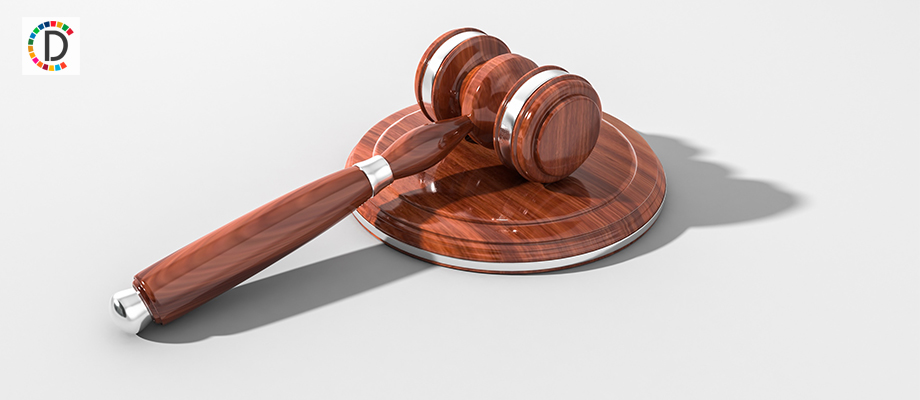New York bike path attacker spared death penalty after jury deadlocks
During the penalty phase of the trial, jurors heard from survivors of the attack who testified about their ongoing suffering, and jail officers who described Saipov's outbursts and threats since his arrest. "The defendant is still committed to jihad and ISIS and violence," prosecutor Amanda Houle said in her closing argument on March 7.

Sayfullo Saipov, the man convicted of killing eight people in an attack on a Manhattan bike path in 2017, was spared the death penalty after a federal jury deadlocked on how he should be punished. The deadlock means Saipov will be sentenced to life in prison without parole, because a unanimous decision is required to impose the death penalty. He will spend his sentence at Colorado's Supermax facility, the most secure U.S. federal prison.
Saipov, a 35-year-old Uzbek national, was convicted in January by a federal jury of committing murder with a goal of joining Islamic State, or ISIS, a group the United States has designated a "terrorist" organization. The same jury has been reconvened to consider Saipov's punishment. Saipov's case is the first federal death penalty trial since President Joe Biden, a Democrat, took office in 2021 after pledging to abolish capital punishment during his campaign.
In its verdict form, read aloud by U.S. District Judge Vernon Broderick in federal court in Manhattan, the jury indicated that it did not unanimously agree that Saipov was likely to commit criminal acts of violence in prison in the future. The 12 jurors agreed on a number of other aggravating factors weighing in favor of the death penalty, including that Saipov planned the attack in advance and that he carried it out in support of Islamic State.
But they also agreed on several mitigating factors, including that many of Saipov's family members still love him despite what he had done and that a sentence of life imprisonment provides hope that he would one day realize that what he did was wrong. During the penalty phase of the trial, jurors heard from survivors of the attack who testified about their ongoing suffering, and jail officers who described Saipov's outbursts and threats since his arrest.
"The defendant is still committed to jihad and ISIS and violence," prosecutor Amanda Houle said in her closing argument on March 7. Saipov's defense lawyer, David Patton, said in his closing argument that the death penalty was "not necessary to do justice." He said Saipov would spend 22 or 23 hours a day alone in a cell with a concrete bed if sentenced to life in prison.
(This story has not been edited by Devdiscourse staff and is auto-generated from a syndicated feed.)










